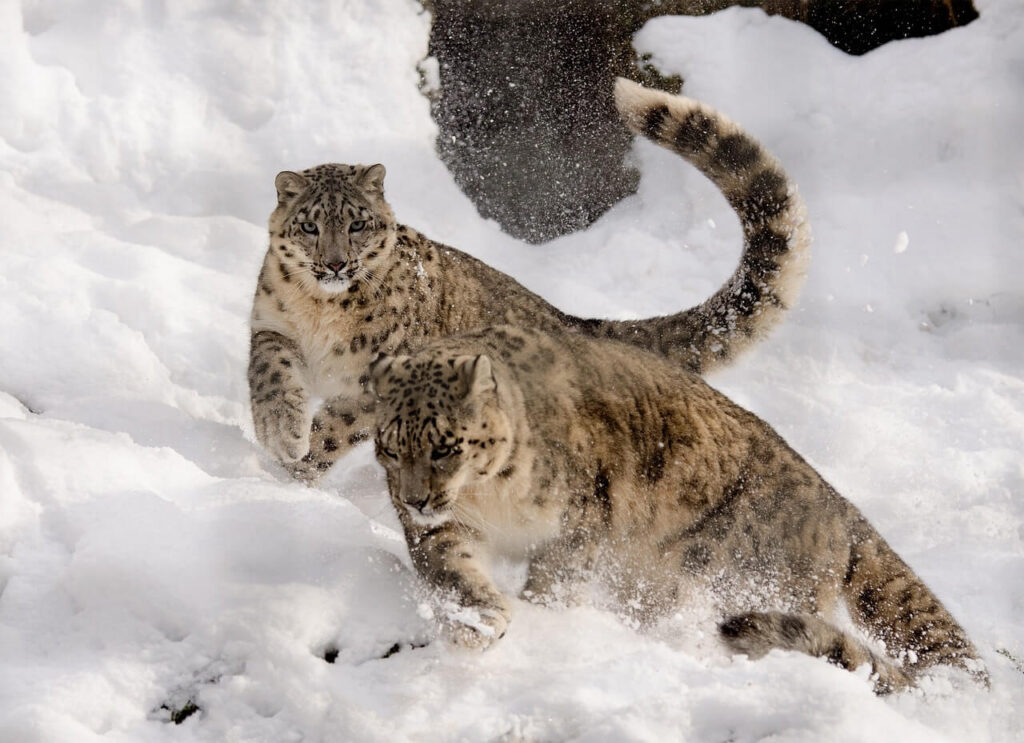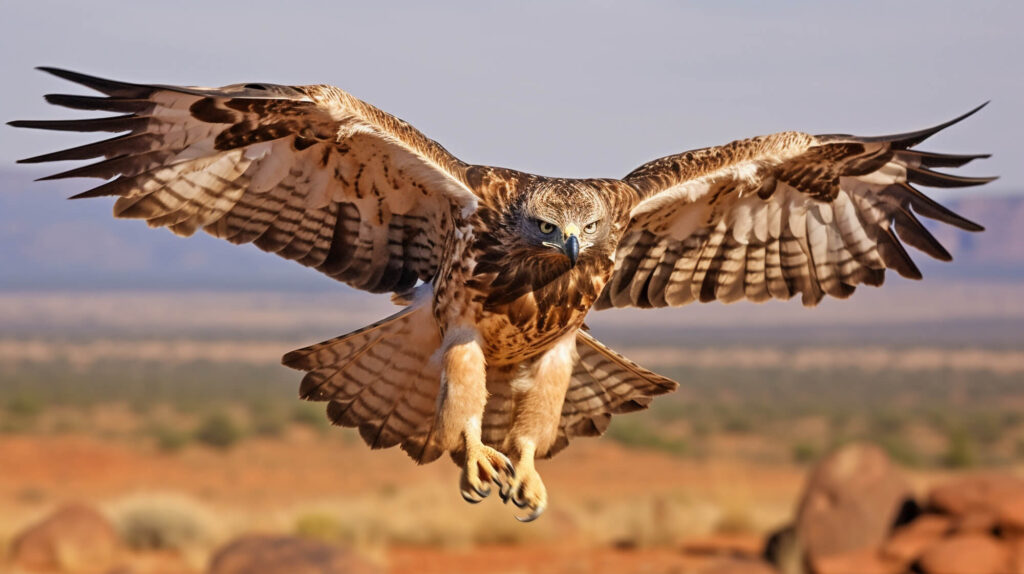Eagle Vision vs. Human Vision – The comparison between eagle vision and human vision offers a fascinating glimpse into the different ways species have adapted to their environments.
While humans are considered to have exceptional visual capabilities, especially in terms of color perception and focus, eagles possess vision that far surpasses human abilities in terms of sharpness and distance.
Understanding these differences highlights the evolutionary adaptations that allow each species to thrive in its respective ecological niche.
We offer you GOLDEN EAGLE FESTIVAL PHOTOGRAPHY TOUR. Come and enjoy the stunning landscape that is covered with ancient mountains, rivers, and Mongolian history. Join us to watch a great festival with truly great hunters! 🤩🤩
Visual Acuity and Sharpness
One of the most significant differences between eagle vision and human vision is visual acuity, which refers to the sharpness or clarity of vision.
Eagles, especially those in the genus Aquila such as the golden eagle, have a visual acuity that is estimated to be 4 to 8 times greater than that of humans. This means that an eagle can see from a distance of 1.6 kilometers what a human with perfect vision can see from only 200 meters away.
This incredible sharpness is due to the high density of photoreceptor cells, known as cones, in the eagle’s retina. Eagles have about 1 million cones per square millimeter, compared to humans who have about 200,000.
This high density allows eagles to detect even the smallest movements from great distances, which is crucial for hunting.
Field of View
Another significant difference is the field of view. Eagles have a broader field of view compared to humans, which is vital for spotting prey from high altitudes.
While humans have a field of view of about 180 degrees, eagles can see almost 340 degrees without moving their heads. This wide field of view allows them to monitor a vast area while in flight, making it easier to detect prey or potential threats.
Eagles achieve this wide field of view through their large eyes, which are proportionally much larger than human eyes in relation to their body size. Additionally, their eyes are positioned more towards the sides of their heads, further expanding their peripheral vision.
Color Vision and Perception
When it comes to color vision, both humans and eagles have excellent capabilities, but there are notable differences in the spectrum of colors each can perceive.
Humans have three types of color receptors (cones) in their eyes, which allow them to see the three primary colors: red, green, and blue. Eagles, on the other hand, possess four types of cones, with the additional cone being sensitive to ultraviolet light.
This means that eagles can see a broader range of colors, including those in the ultraviolet spectrum, which are invisible to humans. This ability is advantageous for hunting, as it allows eagles to see the urine trails of small mammals, which reflect ultraviolet light, making it easier for them to locate prey.
Focus and Depth Perception
Eagles also excel in focus and depth perception. They have the ability to shift focus quickly from distant objects to close ones, a feature that is critical during high-speed dives when hunting. This is partly due to the structure of their eyes, which includes a deep fovea, a specialized area of the retina responsible for sharp central vision.
Eagles have two foveae in each eye, compared to humans who have only one, giving them bifocal vision. This allows them to focus simultaneously on objects at different distances—another adaptation that enhances their hunting prowess.
Evolutionary Adaptations
The differences between eagle vision and human vision are deeply rooted in evolutionary adaptations. Eagles have evolved to be apex predators, relying on their vision to hunt and survive.
Their sharp vision, wide field of view, and ability to perceive ultraviolet light have all been honed through millions of years of evolution to maximize their effectiveness as hunters. In contrast, human vision has evolved to support activities such as foraging, tool-making, and social interaction.
While humans may not have the same level of visual acuity or color perception as eagles, their vision is highly adapted to a different set of needs, including detailed close-up work and the recognition of a wide range of facial expressions and social cues.
In summary, eagle vision is characterized by remarkable sharpness, a wide field of view, enhanced color perception, and exceptional focus, all of which are adaptations that make them efficient hunters.
Human vision, while less powerful in some aspects, is highly specialized for tasks that require detailed close-up work, color discrimination, and social interaction.
The comparison between eagle and human vision not only highlights the incredible diversity of life on Earth but also underscores how different species have evolved distinct visual capabilities to thrive in their unique environments.
































